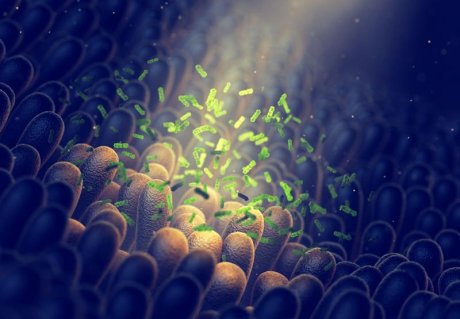
Microbiome, Mucus & Milk
Microbiome Mucus & Milk aims to understand the way microbial species in the gastrointestinal tract are able to degrade host-produced glycans (human milk and mucus).
The ability of these microorganisms to ferment host-produced glycans makes them keystone species within the intestinal microbiota, crucial for immune, metabolic and neurologic imprinting. The main research lines are:
1) microbial degrading pathways; 2) microbe-microbe interactions (synthetic communities & cross-feeding) and 3) microbial interaction with, and adaptation to, their host.
Research is expected to reveal the dependencies shaping the overall intestinal microbiome structure in early and later life, and microbial roles in maintaining host health. Additionally, applicability of findings will be investigated, such as innovative nutritional and microbial intervention strategies by which the structure and function of the microbiome can be modulated to prevent or treat disease.
1) microbial degrading pathways; 2) microbe-microbe interactions (synthetic communities & cross-feeding) and 3) microbial interaction with, and adaptation to, their host.
Research is expected to reveal the dependencies shaping the overall intestinal microbiome structure in early and later life, and microbial roles in maintaining host health. Additionally, applicability of findings will be investigated, such as innovative nutritional and microbial intervention strategies by which the structure and function of the microbiome can be modulated to prevent or treat disease.






